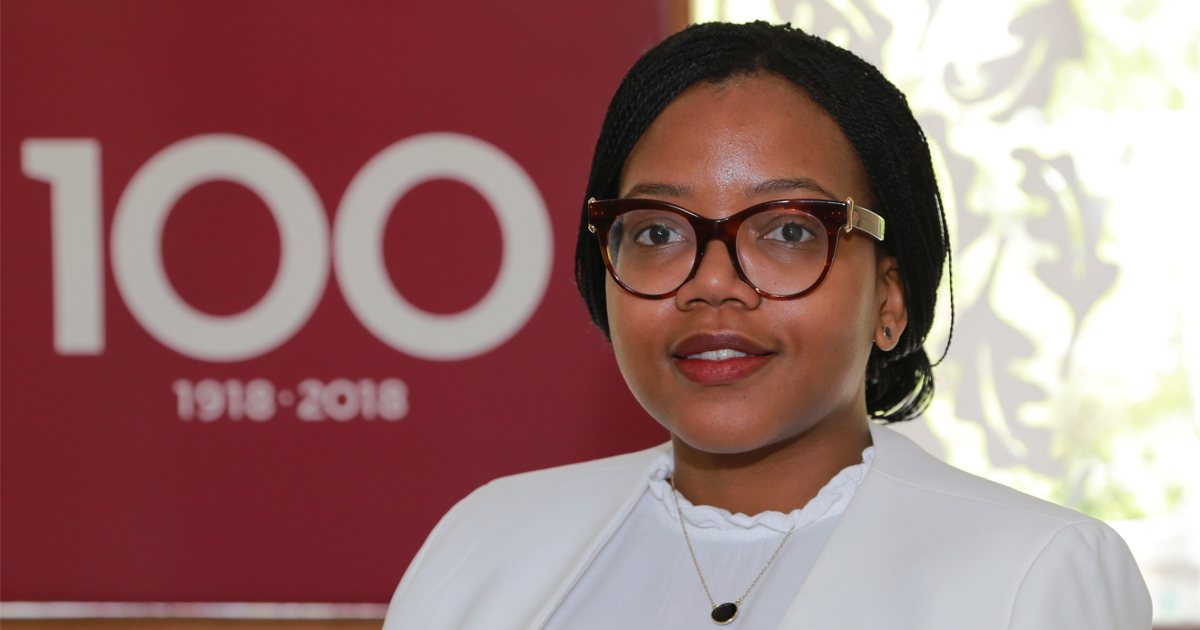Former chief operations officer of the South African Institute of Race Relations, Gwen Ngwenya, has served as a member of Parliament and is now the DA’s head of Policy. We caught up with her to better understand what took place at the DA’s policy conference and what a commitment to non-racialism, for example, means for the future of the Party.
Apart from affirming the DA’s values and principles at the Party’s policy conference, it also passed a paper on Economic Justice. How is this proposal different from current legislation?
The DA’s policy on Economic Justice addresses gross economic inequality. It outlines how, in government, we would take ownership of delivering on public socioeconomic goals and would not shift the responsibility to the private sector. It also then sets out an approach, using the SDGs (Sustainable Development Goals) which allows companies to voluntarily contribute in a way that does not deter investment.
Current legislation enables companies to empower elites. We take the view that it is much better for companies to create jobs, to sponsor schools, to contribute towards a green economy, and to make an impact on disadvantaged communities, as many already do, than to focus on opportunities for those who are already better off.
The SDGs provide a set of 17 goals which can help to direct the actions of government, civil society, and business.
Why does the DA not support B-BBEE?
The DA supports empowerment. Unfortunately, the policy of Black Economic Empowerment (BEE) has only enriched a few, while leaving 30 million poor South Africans stuck in poverty.
The right approach to empowerment is to focus on the issues responsible for gross inequality. These include unemployment, poor education, spatial inequality, costly transport, inadequate healthcare, malnutrition, unaffordable housing etc. These issues are ignored by BEE, and yet you cannot have an empowered society if the majority are unemployed and unemployable, live in communities of low economic activity, and are sick and starving.
Can we provide redress without using race?
We do not need to use apartheid race classification for redress policy to reach those who need it. Social grants are also based on means not race, and yet the majority of people who benefit are black South Africans.
Most people who are disadvantaged today would have been classified as ‘black’ by the apartheid government. Therefore, if the DA focuses on helping the disadvantaged then redress will be successful.
How will the DA fight racism?
The DA fights racism by fighting the false beliefs linked to apartheid race groups, and by fighting the idea that people think, feel, or act in a certain way because of their physical appearance. It is these ideas which gave rise to perceptions of superiority and inferiority, and which can be perpetuated by individuals and institutions.
Our policies are very clear about taking a zero-tolerance approach to discrimination.
Where do you think South Africa will be in ten years?
Where South Africa will be in 10 years depends on the choices we make today. It can either be a country of increasing opportunity and hope, or one where everything has collapsed and there is little else but poverty and despair to look forward to. The path towards either future is not accidental, it is deliberate, and citizens have more power than they think to determine it.

